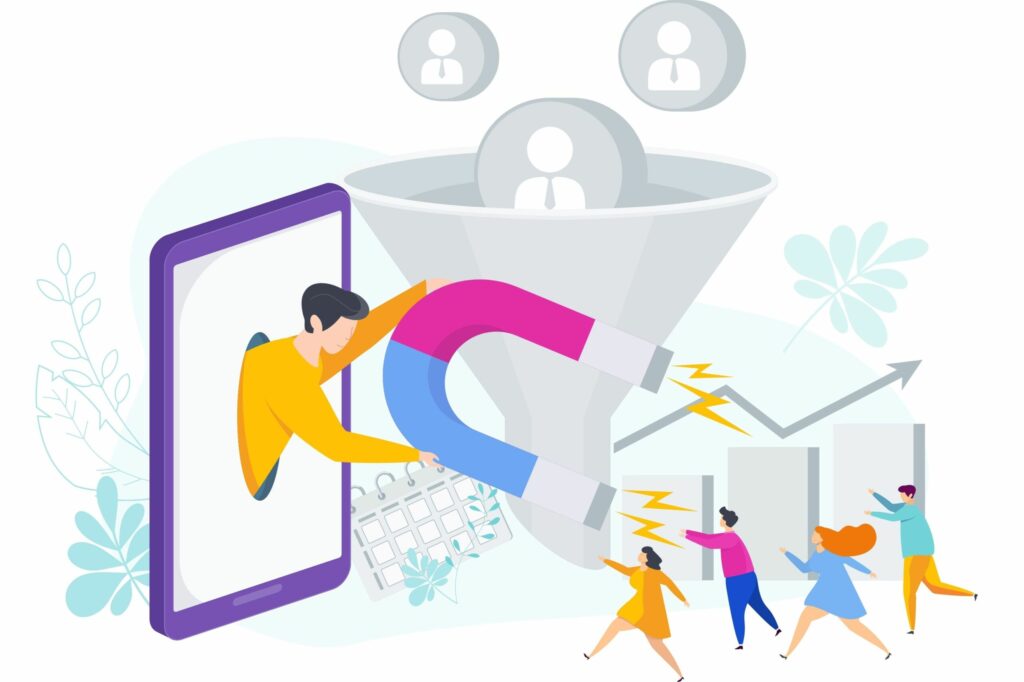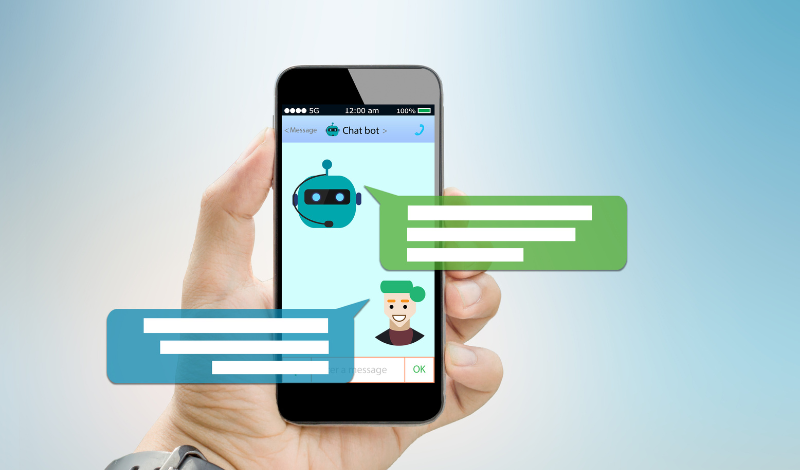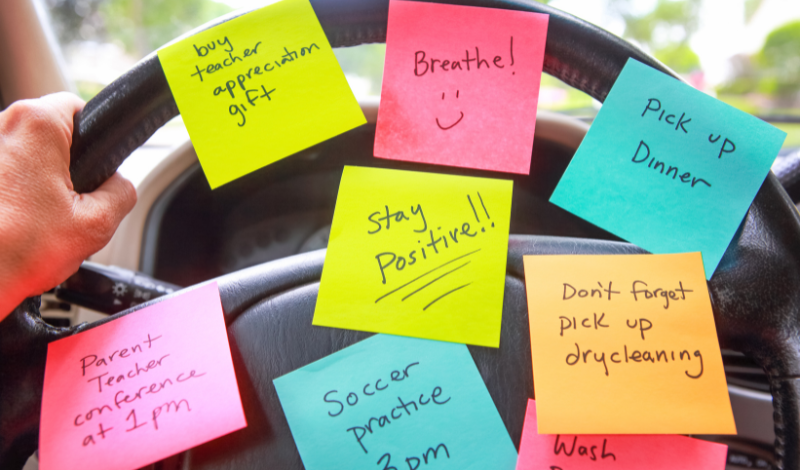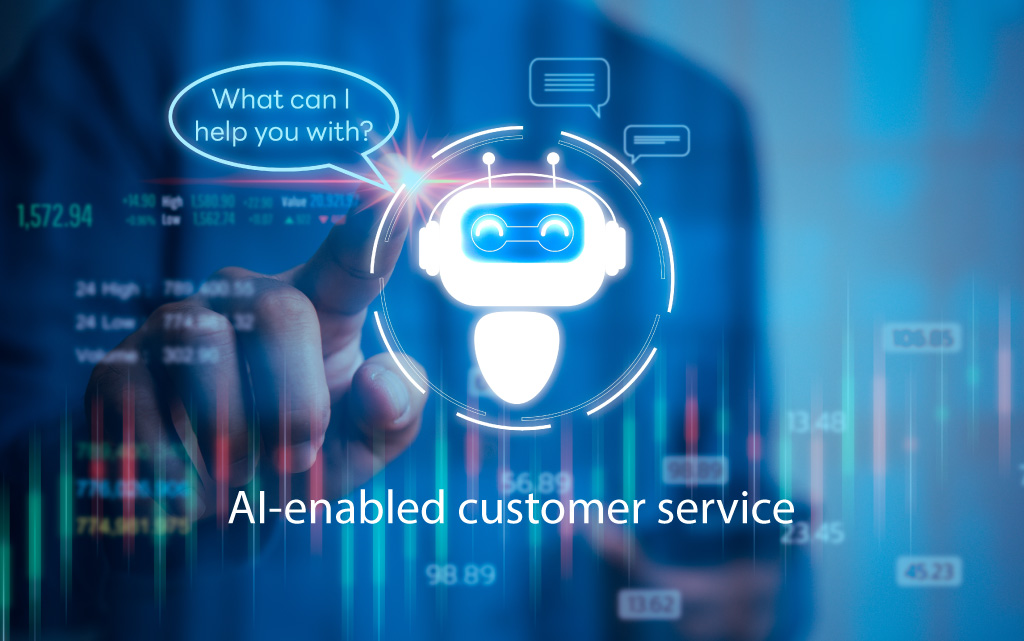Finding marketing strategies that truly resonate with your target audience can be tricky, but one powerful approach is utilising marketing funnels, which guide potential customers through a series of stages, from awareness to conversion.
However, even choosing the perfect marketing funnel can be overwhelming. Each business is unique, and what works for others might not work for you. It’s like searching for a needle in a haystack, leaving you with the pressing question – “Which marketing funnel is best suited for my business?”
But don’t worry! Here are two powerful marketing funnels for small businesses like yours. Let’s break them down step by step, and why they are perfect for your business.
- The Lead Generation Funnel
The lead generation funnel focuses on capturing potential customers’ contact information and building a list of interested prospects. It seeks to attract visitors to your website or landing page, engage them with valuable content, and encourage them to share their email addresses or other contact details.
Steps:
Awareness Stage: Kickstart your funnel by attracting visitors to your website or landing page. Leverage social media, search engine optimisation (SEO), pay-per-click (PPC) ads, and content marketing to drive traffic. Engaging content, eye-catching visuals, and valuable blog posts can entice potential customers to explore further.
Interest Stage: Once visitors arrive, offer them something valuable in return for their email addresses, like ebooks, guides, or webinars. This valuable content not only establishes trust but also positions your business as an authority in your industry. Implement clear and enticing call-to-action (CTA) buttons or pop-ups to encourage sign-ups.
Decision Stage: As you build your email list, nurture leads with targeted email campaigns. Provide further information about your products or services, share customer success stories, and address common pain points. Personalisation is crucial here – tailor your messages based on each prospect’s preferences and interactions with your content.
Action Stage: Now, encourage leads to take action and become paying customers. Offer limited-time promotions, discounts, or exclusive offers to create a sense of urgency. Emphasise the value they will gain by choosing your products or services.
Retention Stage: Your relationship with customers doesn’t end after a purchase. Keep in touch through email marketing, offering valuable content and incentives to encourage repeat purchases and foster brand loyalty. Happy customers can become brand advocates and refer new prospects to your funnel.
Why it’s perfect for small businesses:
The lead generation funnel is a small business owner’s best friend! It’s cost-effective and focuses on building a loyal customer base. By attracting and nurturing leads through emails and incentives, you can turn potential customers into loyal patrons. Plus, the data you gather allows you to tailor your marketing efforts for maximum impact.
- The Social Media Advertising Funnel
The social media advertising funnel aims to leverage the power of social media platforms to attract, engage, and convert potential customers into paying customers while building brand awareness, fostering customer loyalty, and driving business growth.
Steps:
Awareness Stage: Get creative and craft visually appealing ads that resonate with your target audience. Use social media’s powerful targeting options to reach the right people based on demographics, interests, behaviours, and past interactions with your brand.
Interest Stage: Drive traffic to captivating landing pages or product pages packed with valuable info about your offerings’ unique selling points. Sweeten the deal with lead magnets like downloadable resources, informative guides, or exclusive offers to entice visitors to sign up for your email list or follow your social media profiles.
Engagement Stage: Run interactive and captivating social media campaigns – think contests, quizzes, or user-generated content challenges – to get your audience involved and foster a fun sense of community. Be responsive to comments, messages, and mentions, building a positive brand image and establishing trust.
Consideration Stage: Implement retargeting strategies to reconnect with users who’ve shown interest in your products or services, reinforcing your brand’s value proposition. Boost your credibility with customer testimonials, reviews, and case studies, proving why choosing your business is the right choice.
Conversion Stage: It’s time to seal the deal! Create a sense of urgency with time-sensitive discounts, free trials, or exclusive bundles to nudge potential customers toward making a purchase. Ensure a seamless and user-friendly checkout process on your website or e-commerce platform to minimise any hiccups.
Post-Purchase Stage: Send personalised follow-up emails, thanking customers for their purchase and providing order confirmations and shipping updates. Offer relevant upsells or cross-sells to increase the average order value and encourage repeat purchases.
Advocacy Stage: Encourage satisfied customers to share their glowing experiences on social media, spreading the word and amplifying your brand’s reach through user-generated content. Supercharge your growth with a customer referral program, turning loyal customers into enthusiastic brand advocates.
Why it’s perfect for small businesses:
The social media advertising funnel is a game-changer for small businesses – it’s cost-effective, precise, and delivers speedy results. With direct and genuine interactions, you’ll build trust and lasting connections with potential customers. Targeting the right audience becomes a breeze with captivating ads and engaging content, skyrocketing your brand’s visibility and recognition. Plus, the goldmine of data and insights from social media advertising helps you make smart, data-driven decisions, ensuring you get the most out of your marketing investments.
Finding the perfect funnel for your business might feel like finding a needle in a haystack. The good news is, you’re not alone in this journey!
If you’re thinking about which funnel to run first, start by understanding your business goals and target audience. Are you looking to capture leads, boost e-commerce sales, or engage through valuable content? Each funnel serves a unique purpose, so aligning your objectives with the right one will set you on the path to success.
Goodluck!






